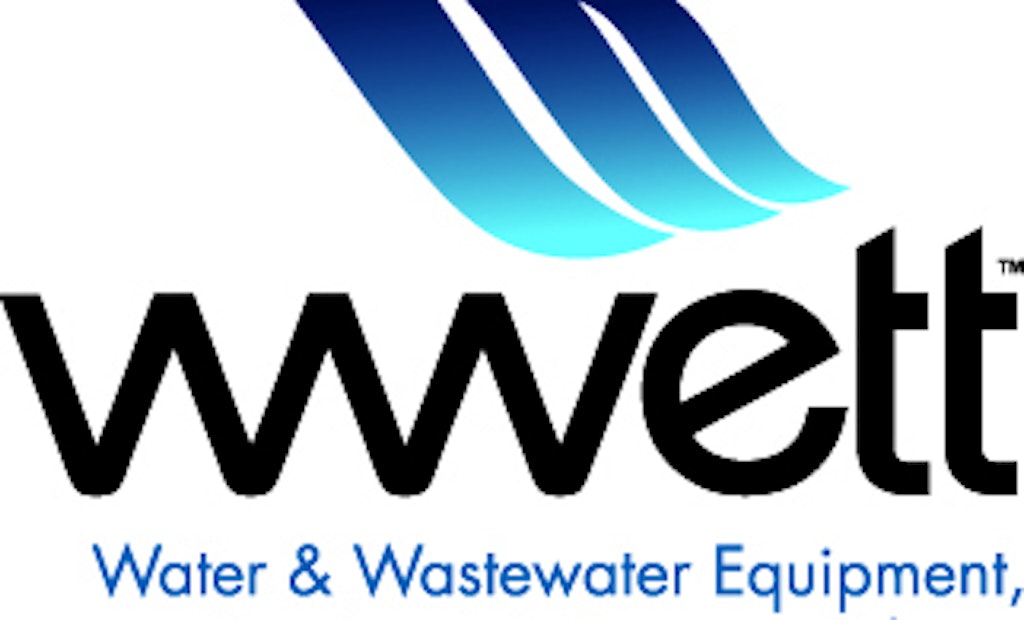Municipal Sewer & Water magazine recently interviewed Dr. Adrianus Vlugman, a featured speaker at this year’s Water & Wastewater Equipment, Treatment & Transport (WWETT) Show, which will be held Feb. 23-26 at the Indiana Convention Center in Indianapolis. Vlugman is a senior...
WWETT Preview: Q&A With WHO's Dr. Adrianus Vlugman, Part 3
Our conversation with WHO's Dr. Adrianus Vlugman continues. See what he has to say about pathogen exposure for wastewater operators.
Popular Stories
Discussion
Comments on this site are submitted by users and are not endorsed by nor do they reflect the views or opinions of COLE Publishing, Inc. Comments are moderated before being posted.






